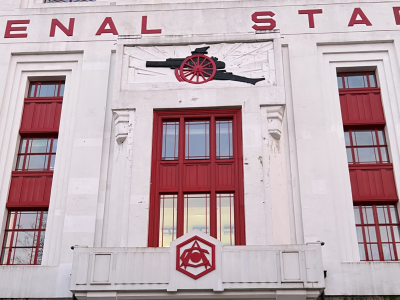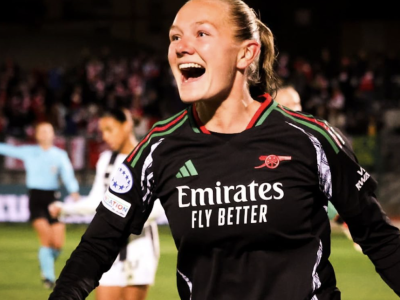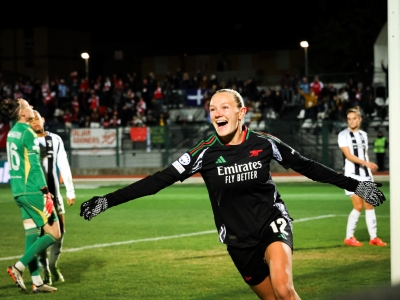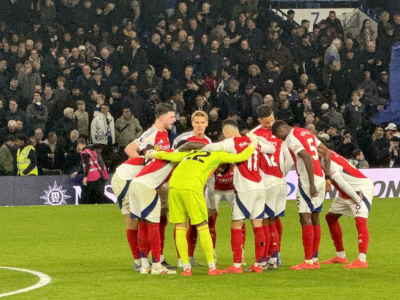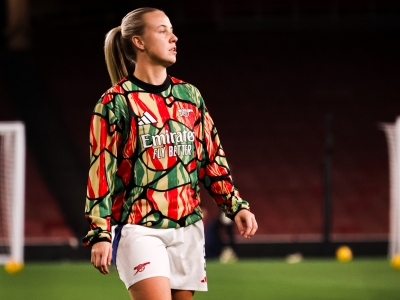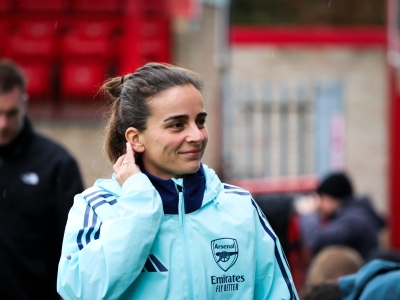With professional football currently in hibernation due to the Coronavirus it is sobering to reflect that there are many things in life worse than losing to Olympiacos.
There are occasions when the world outside of football imposes itself on football clubs and their supporters. When I went to a Highbury match for the first time in April 1959 there were portable polio vaccination units near the ground. The reason was that Jeff Hall, the Birmingham City and England right back, had contracted polio and died earlier that month. Birmingham’s players were put in isolation along with those from the teams that Birmingham had played immediately prior to Hall’s condition being diagnosed (Nottingham Forest, Wolves, Leicester and Portsmouth). Arsenal were due to play Birmingham home and away on successive days at the end of March and these matches were both postponed. The rescheduled home match was the final game of the season.
One consequence of Hall’s death was a steep uptake in polio vaccination; we can only speculate if there will be any positives to come from the Coronavirus pandemic, but one doctor speculated that there could be a decline in cases of Gastroenteritis as people take hand washing more seriously.
Word Wars have, understandably, had a direct impact on football in England. During the First Word War the Football League fixtures were completed for the 1914-1915 season but then the League was suspended for the remaining duration of the war and only resumed in August 1919. Football did not disappear totally, with Arsenal playing in the London Combination.
In September 1939 the Football League was suspended after 3 rounds of fixtures and not resumed after war was declared on Germany. At the time Arsenal were 3rd in the table one point behind the leaders Blackpool. If Liverpool are looking for a precedent, it should be noted that Blackpool were not awarded the League title for 1939-40. When League football recommenced in 1946 it started with the same 3 fixtures being replayed. Only 2 players (Joy and Bastin) who played in the last match of the abandoned 1939-40 season played in the opening match of the 1946-47 season.
As in the First World War some football continued on a regional basis.
The impact of the Second World War for Arsenal was considerable. A German bomb effectively demolished the roof over the North Bank (which was not replaced until 1954), until 1946 home games were played at White Hart Lane, 9 Arsenal players died during the war and when it was over the club had £150,000 of debts.
Since the war one of the major impacts at various times has been restrictions on electrical power supplies.
During the 1962/63 “big freeze” there were restrictions on evening floodlit games. This was due to (a) restricting the load on the National Grid and (b) safety issues if there should be power cuts during a game. The Arsenal v Oxford United 3rd Round FA Cup Tie was originally scheduled for Saturday 5th January 1963 but was called off because of heavy snow. It was not played until Wednesday 30th January with an afternoon kick-off in front of just 14,649 spectators with Arsenal winning 5-1. It was postponed so many times that the programme for the match was dated “January, 1963” and no kick-off time was printed. After Arsenal installed electric undersoil heating in 1964 there were also restrictions on when that could be used such as Saturday lunchtime.
In 1972 there was a miners’ strike from 9th January until 28th February. A “State of Emergency” was declared on 9th February and one of the consequences was a ban on floodlit football. At Highbury the league game against Derby County on 12th February kicked off at 2.45 pm to ensure that it finished in daylight. The only other Highbury game to be affected was also against Derby County but in an FA Cup 5th Round Replay on 29th February which also kicked off a 2.45 pm. This was a Tuesday afternoon but despite that, a crowd of 63,077 (in including a 14 year old Nick Hornby playing truancy from school) turned up to watch two hours of goalless football. Because of restrictions on industry there was only a 4 page programme produced.
In November 1973 the government again declared a “State of Emergency” in response to the price of crude oil rocketing (due to an embargo imposed by OPEC following the ‘Yom Kippur War’) and also the implementation of a ban on overtime by the NUM. Once more this impacted football with another ban on floodlit matches. From 17th November 1973 until 2nd February 1974, Saturday games kicked off at 2.00 pm, 2.15 pm or 2.30 pm in order to finish in daylight. Arsenal’s match at home to Wolves on Tuesday 4th December kicked off at 2.00 pm in front of just 13,482 spectators. Like the Derby County replay in 1972 only a 4 page programme was produced but this time the reason given was that with the anticipated small attendance the club would have lost money if it had produced a 16 page edition. With unusual candour it was stated, “A year or two ago we would have been happy to stand the loss, however large. Now, with inflation, things are different – and we feel we are losing enough with today’s gate compared to what it would have been in normal circumstances”. The match away to Leeds on Tuesday 5th February 1974 also was scheduled for the afternoon.
This was also the time of the 3-day week and this also impacted the printing of programmes. On 5th January 1974 Arsenal played Norwich City away in the 3rd Round of the FA Cup. Whatever happened, Arsenal’s next match would be at home to Norwich either in a replay on Tuesday 8th January (with a 1.30 pm kick-off to allow for possible extra time) or a league game on Saturday 12th January. In the circumstances a composite programme was produced to cover both eventualities. In the event Arsenal won 1-0 at Carrow Road and the replay was not necessary.
_______________________________________________________________
The campaign to save The Gooner for the 2020/21 season is in progress. If you wish to see the fanzine continue printing after the end of the current season, details of how to subscribe can be found here. If you wish to order with a credit card, go straight to our online store page here. We need to secure 1,000 subscribers to continue, although the original deadline of 28th March pushed back until we know what will happen with the remainder of the season and can bring out a final issue for the current campaign.
The current issue of The Gooner (282) is on sale from our online store. You can order your copy here (for UK orders) or if you are abroad, order here.


